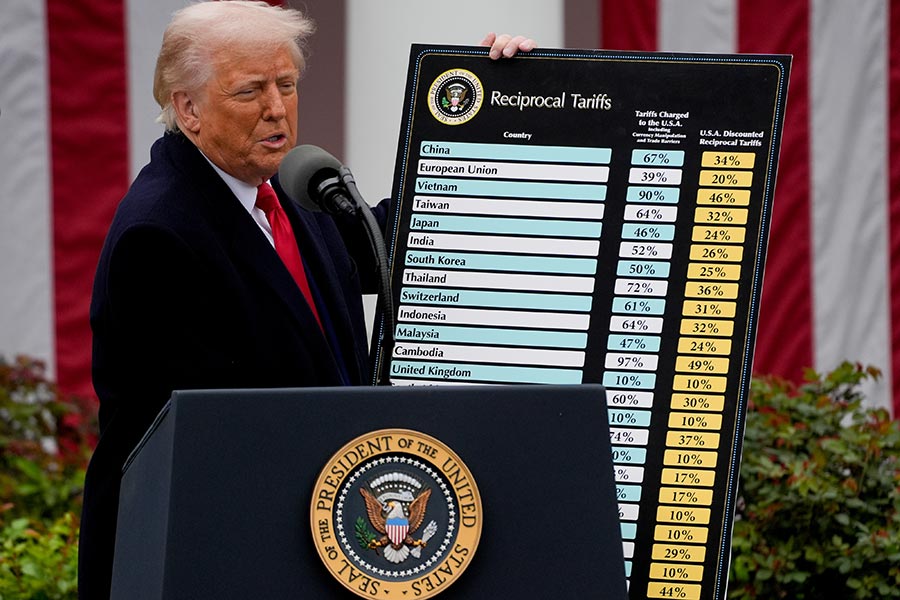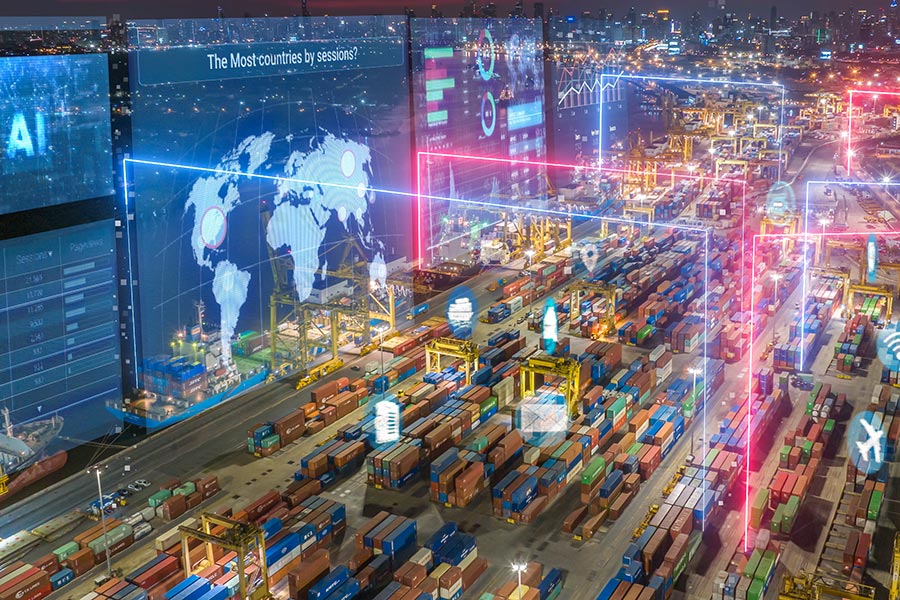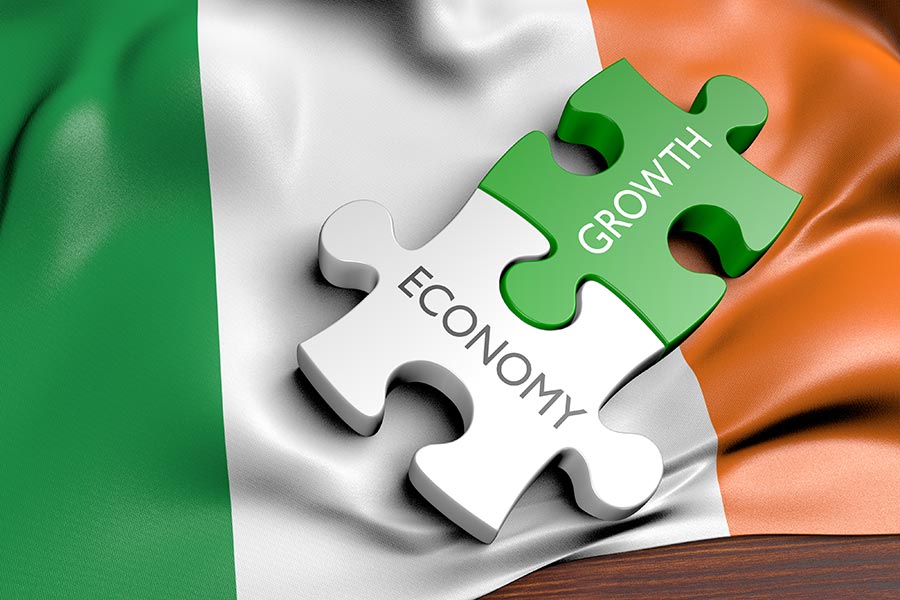ISME has called on the Government to deepen ties with the EU in the wake of the tariffs imposed by US President Donald Trump.
The group warned that the impact of the US tariffs reaches far deeper into the Irish economy than exporters alone.
A recent survey of ISME members showed that only 11% of SMEs reported exporting directly to the US.
However, over a third of Irish SMEs provide goods and services to US multinational companies based in Ireland.
Alarmingly, 16% of those firms say their US multinational customers account for more than half of their total turnover.
ISME has called on the Government to take a number of steps to alleviate the impact of the tariffs, including deepening access to EU markets such as Germany, France, Italy, and Spain.
To target retail markets in Canada and accelerate ratification of the CETA trade deal with Canada.
They also called for progress on the EU-Mercosur trade deal, a proposed free trade agreement between the European Union and the Mercosur (Argentina, Brazil, Paraguay, and Uruguay)
ISME say it wants there to be a referendum on joining the Unified Patent Court to protect SME intellectual property in the EU.
And they have called for improved competitiveness and productivity through regulatory simplification and reform.
Finally, they have recommended narrowing the gap between Ireland’s GDP-led foreign multinationals and the GNI*-driven SME economy, which comprises 99.8% of Irish businesses.
Chief Executive of ISME, Neil McDonnell, said: “There is rising concern among Irish SMEs over the long-term intentions of US-based clients.
"A deterioration in these relationships could have serious implications for turnover and employment in the domestic economy.

"The response to the US tariffs must consider this wider ecosystem of trade, not just direct exports.
"Irish businesses are very concerned about an aggressive response by the EU which could raise the cost of imports, but they also recognise that the EU must stand up for itself in the face of coercive and economically flawed US trade policy, especially where it targets some of the world’s poorest developing nations.”
Pic: Kent Nishimura/Bloomberg via Getty Images











